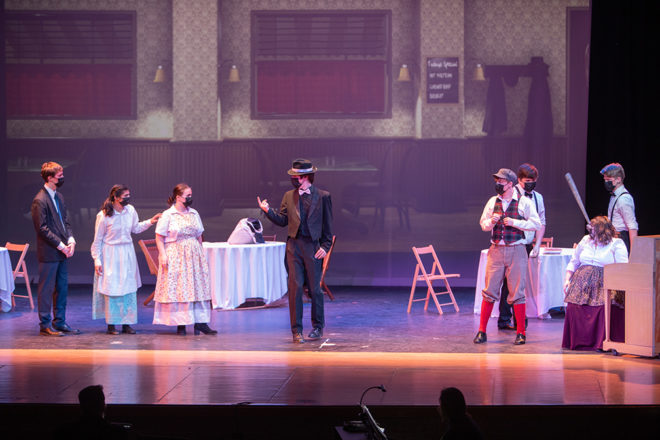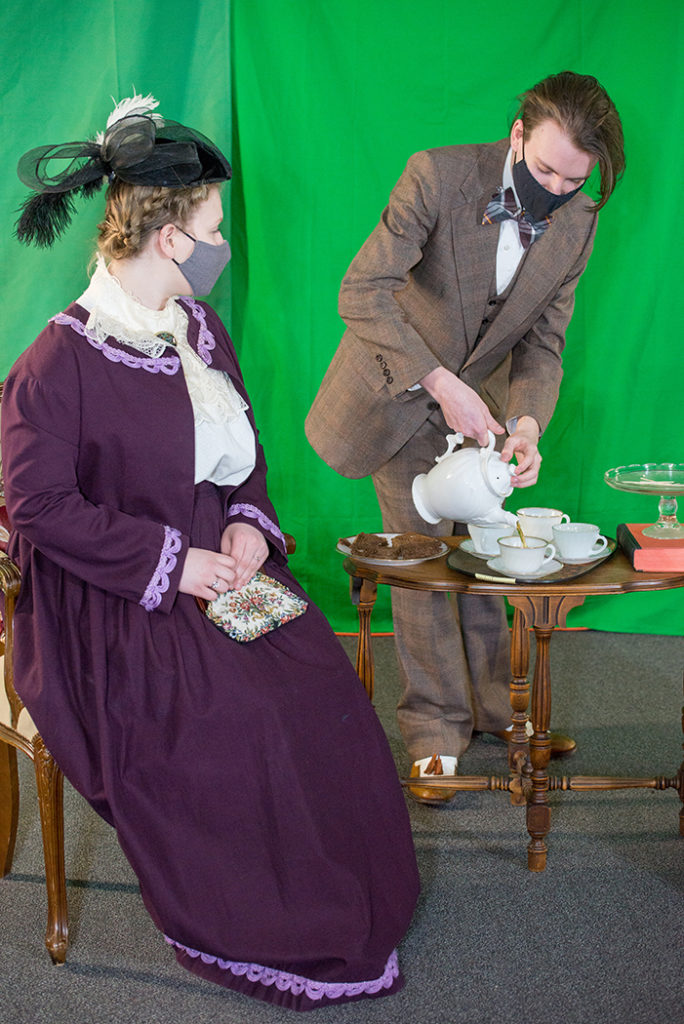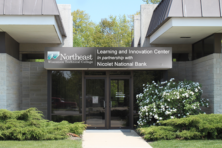Adversity Breeds Innovation
- Share
- Tweet
- Pin
- Share

Educational theater moves forward
Theater in an educational setting empowers young people to expand their skill sets. In addition to the on-stage skills they learn – from improvisation and quick thinking to efficient problem-solving and public speaking – students who pursue the technical side of theater learn the fundamentals of carpentry, electrical work and art skills such as painting, lighting and sound design.
The only downside to educational theater is that opportunities are limited by the number of productions a school puts on during an academic year. With the vast majority of people participating in theater only during their high school years, many may have only four opportunities to engage in this rich experience.
For students whose spring 2020 shows were canceled because of the pandemic, that number may dwindle to just two productions with the current year still in flux. Sevastopol students performed their spring 2020 show just one week ahead of schools being closed, and when the time came to plan this year’s shows, director Amy Ensign knew things would be different.
The first concern was the safety of the performers and thus adherence to safety precautions, with masks and social distancing being key among them.
In order to limit the overall time each student was on stage, Sevastopol put on a one-act version of Gift of the Magi. Students performed live, socially distant and with masks – which created challenges for both Ensign as a director and the student actors. Volume and proper diction are always difficult for students to master, and masks made those vocal techniques more important than ever.
There is also the issue of rights and licenses. Every theater company, professional or not, must pay for the rights to put on a show. Those license rights dictate how a show may be performed, and they generally prohibit recording or distribution.
Some of that has changed for educators. Many rights holders have attached streaming and video licenses to their plays for the first time, giving high school theater producers the flexibility to stream their productions remotely, or even to record with digital cameras and stitch their performances together more like a film.
Many of the rights carriers that work directly with schools provide a plethora of tools to aid rehearsals. Some new tools include streaming software to facilitate remote production capture, online ticket sales and everything else an organization might need to grant its audience access to the production.
Gift of the Magi was live-streamed to audiences at home, but this year’s production of The Importance of Being Earnest will be recorded remotely in chunks and published as a video for audiences to watch on their own time.
In Southern Door, things have played out similarly. Bonita Weydt, the director of this year’s production of Hello! My Baby, opted to give the students a more familiar experience of performing on stage for the recording.
“We were allowed to have the parents of the students that were in that scene, socially distanced, up in the top part of our auditorium,” Weydt said. “It was a small audience, but at least they had an audience, because that’s hard, doing live theater for a camera. As a performer, getting feedback from the audience fuels you.”
With students distanced and in masks, the show was performed in segments to reduce the time performers were on stage at one time. The hope is that each segment will be stitched together in a seamless fashion for online consumption.

The Gibraltar theater program has been tackling the same challenges. In the fall, Lizz Thomas and her students put on a virtual one-act play in which the majority of the performers were recorded remotely – some over Zoom and others alone on stage.
Doing the same thing for a musical is much more difficult. Thomas is planning to produce an original piece, The Show Must Go On – akin to a musical revue or cabaret – which would allow students to focus on individual pieces rather than a full narrative production.
“It’s a history of musicals,” Thomas said. “Presently it’s virtual, but that may change if it’s safe enough.”
Educational theater is exactly that – educational – and though performances may not look or feel exactly normal, they are challenging students in a way that can fuel learning, growth and skills they’ll likely take with them off the stage.
“They have been taking these twists and turns with such grace and such positivity,” Ensign said.


